By cooling antimatter to absolute zero, physicists may finally be able to answer questions that could fundamentally alter our understanding of the universe.
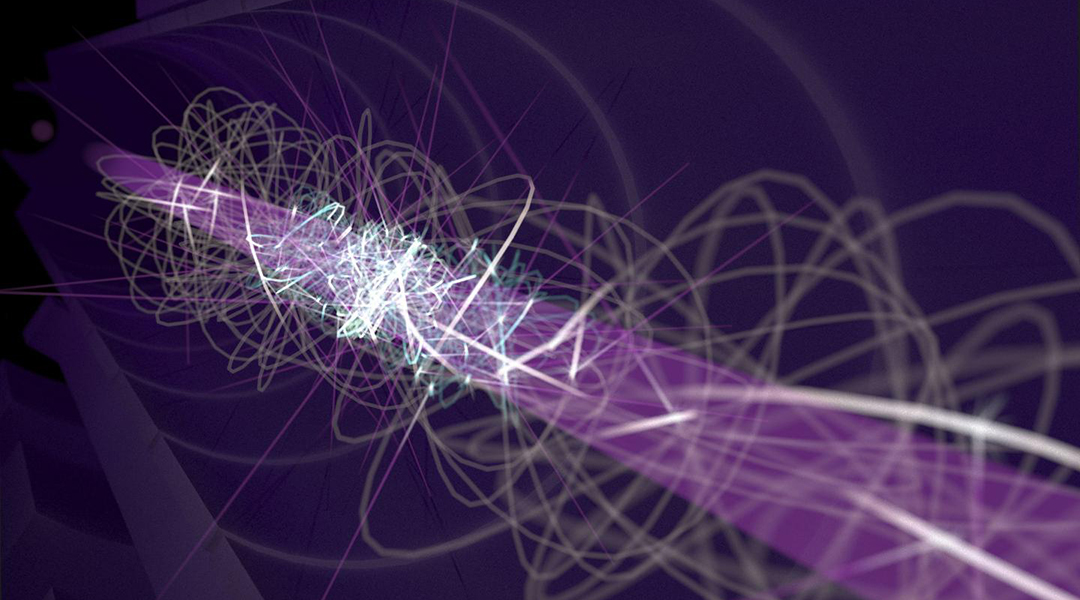

By cooling antimatter to absolute zero, physicists may finally be able to answer questions that could fundamentally alter our understanding of the universe.
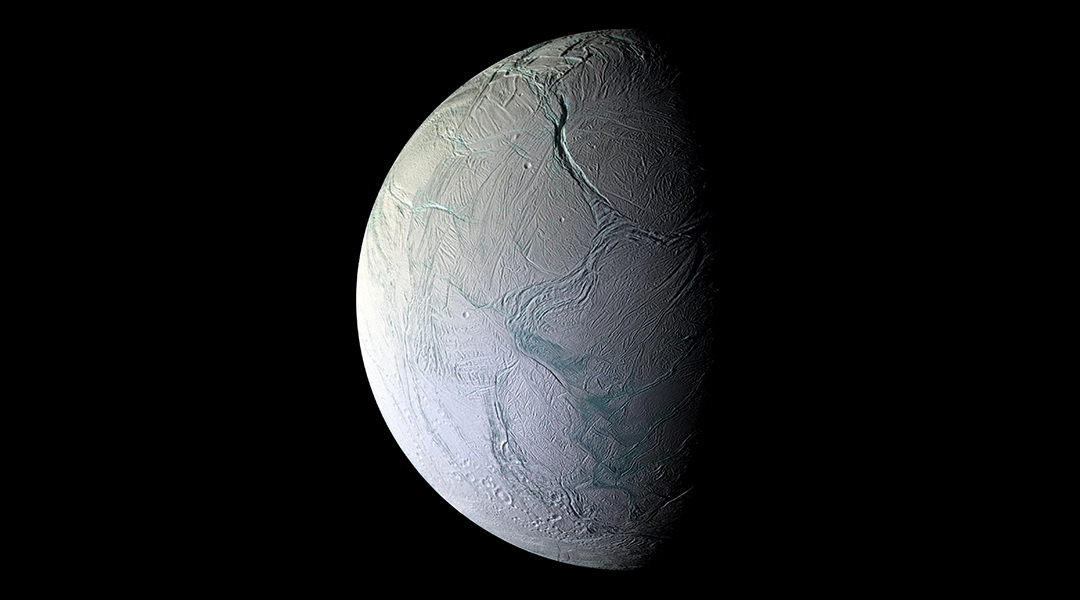
Planets that contain subsurface oceans could be a potential treasure trove of life, expanding the number of habitable planets in the galaxy.

From astronauts to programmers and medical researchers fighting the COVID-19 pandemic, these women are pushing boundaries in STEM.
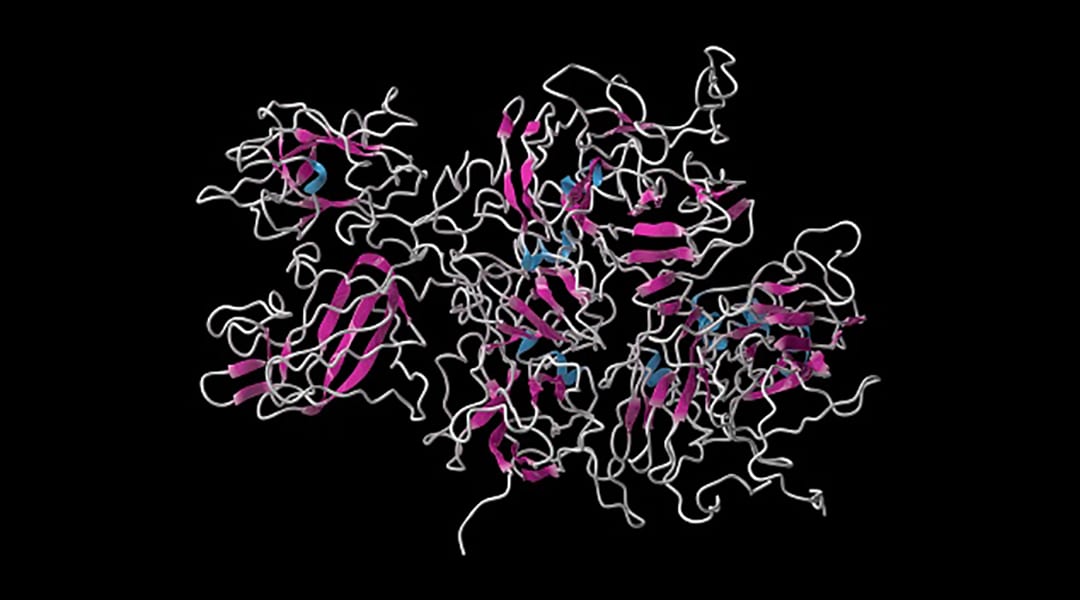
Using their deep-learning program, AlphaFold, researchers predict the 3D structure of proteins using only their linear amino acid sequence, revolutionizing computational biology as we know it.

A new computing paradigm could help us to overcome a key performance bottleneck to improve our ability to query large data bases.
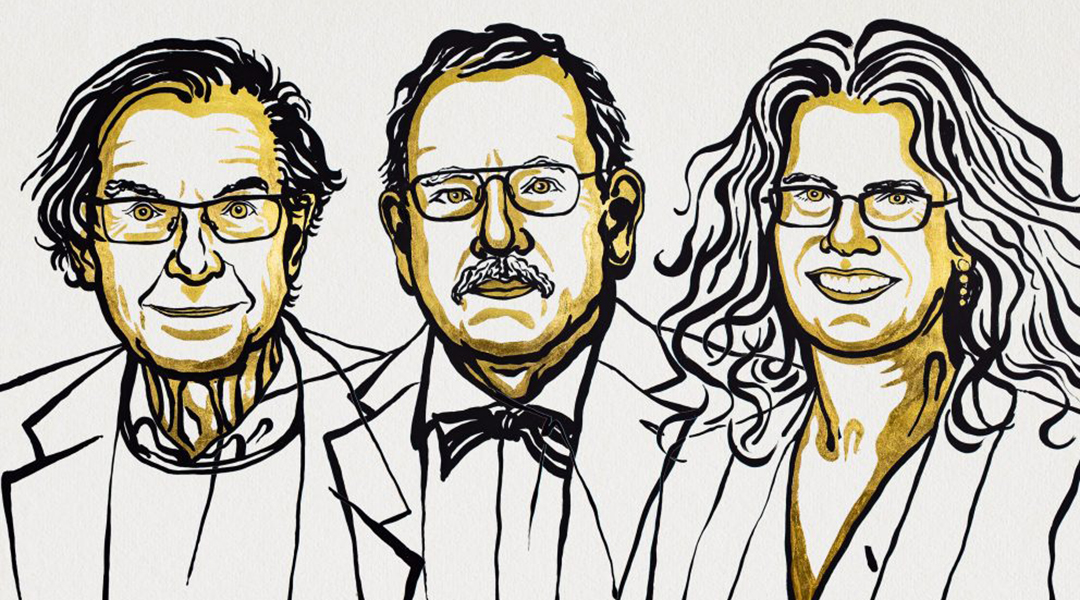
Three laureates share this year’s Nobel prize in physics for their discoveries about one of the most exotic phenomena in the universe: the black hole.
Could a new understanding of silicon surfaces someday revolutionize semiconductor technologies?
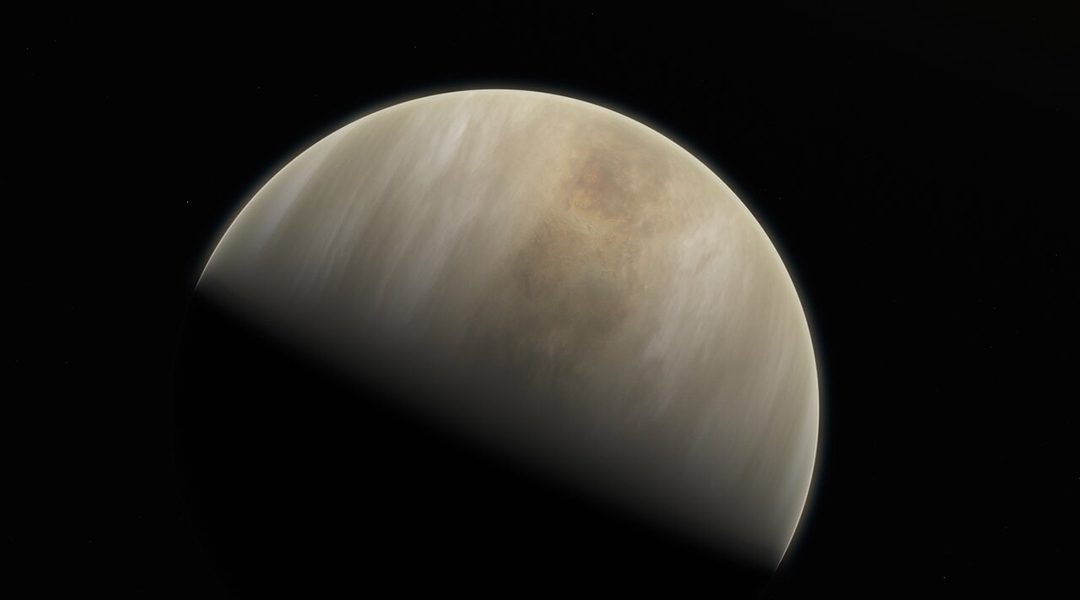
A possible marker of life has been spotted in the clouds of Venus and has astronomers excited about the possibility of extra-terrestrial “aerial” life on the harsh planet.
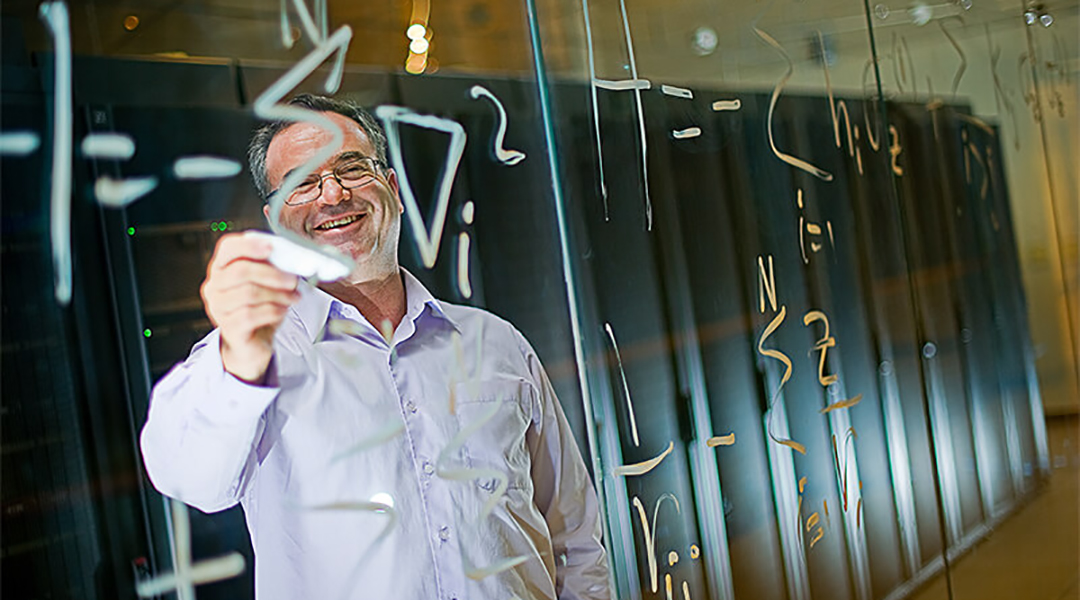
Researchers are developing algorithms and machine learning methods to further our understanding of the quantum state space.
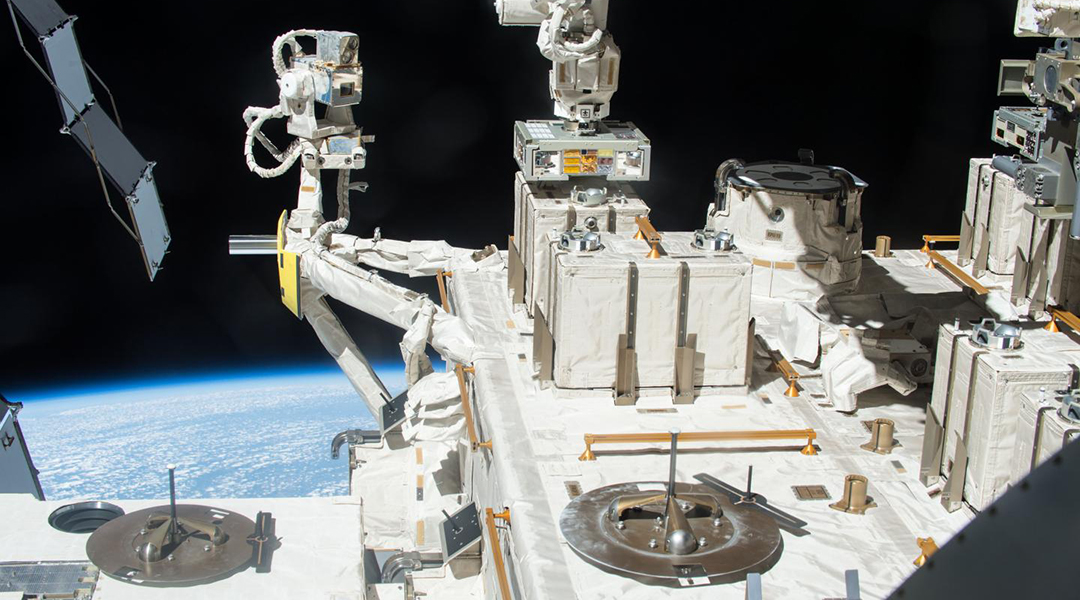
New study provides the best estimate to date that bacteria could survive a trip to Mars.